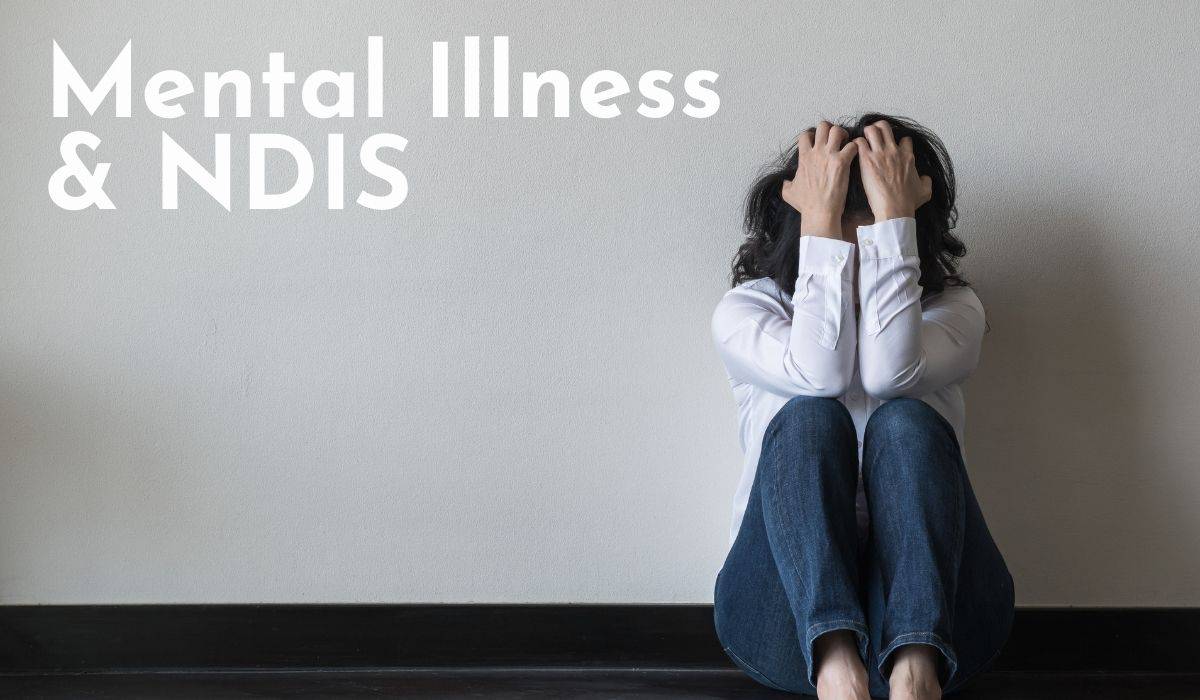Those experiencing mental illness have to navigate the world in a different way. Depending on the severity of their mental illness, they could experience debilitating symptoms that level them unable to fully function. As difficult as mental illness is, a disabling mental illness is even more challenging. Luckily, there’s an option that can help those experiencing severe mental illness function within society with the support they need ie, NDIS.
What Is NDIS?
NDIS, or the National Disability Insurance Scheme, is an innovative way of supporting those experiencing disability related to their mental health difficulties. It’s meant to act as a tool to assist them in being part of the community and workforce.
What NDIS fundamentally does is it:
- Helps those with a disabling mental illness make their own decisions.
- Teaches them their options, choices, and the things they can control.
- Support people with disabling mental illness to exercise their rights to have the same opportunities as the rest of the community.
- Connects people with disabilities to the services they need within their community.
- Provides the necessary funding for those with disabilities to get the individualized support they need for their daily activities.
- Supports people with disabilities to enjoy their community and work-life while also exploring their individual interests and needs.
It’s important to note that NDIS isn’t meant to replace the community mental health services or treatment services that are provided through the health system. Rather, it’s an additional tool that people with disabling mental illness can use to support a healthy lifestyle within the community.
The Challenges
When applying for NDIS, there are some challenges you should be aware of. The first of these is the evidence you must gather and submit to prove a mental illness is so severe that it’s become a disability. In essence, you have to prove there are long-term effects of the mental illness that are impacting a person’s ability to do everyday activities, like study, work, or care for themselves. You also need to prove the disability is permanent.
While this may not at first seem like it would be a challenge, it’s what holds up the process for many who qualify for NDIS. One issue is that people with mental illness often don’t realize they have an illness, nor that it has become a disability. That means they often won’t seek out the support, meaning their network of friends and family will need to be the ones that step in to do the application process.
Another issue could be a lack of awareness of eligibility. Additionally, there are some with mental illness so severe that they are too unwell or fearful to engage with NDIS, another case where friends or family would need to complete the application for them.
An especially difficult situation to overcome when dealing with NDIS is the transient lifestyle of many people with debilitating mental illness. This volatile lifestyle means they often don’t have consistent interactions with mental health services. As their involvement becomes more sporadic, finding the evidence for their NDIS application can be increasingly more challenging.
A factor to take into account is the fluctuating nature of the mental illness. As it ebbs and flows, sometimes a person is able to function and cope with life circumstances relatively well. Then there are the times they aren’t able to manage their mental illness. This evolution of mental illness can make proving the longevity of a disability difficult.
One fundamental difficulty in applying for NDIS is the language barrier present between NDIS and mental health physicians. A core part of NDIS is proving that a person has become “permanently impaired” or disabled by their mental illness. However, mental health physicians prefer to avoid negative connotations when speaking about a person’s mental illness, instead , focusing on hope and positivity. That means they’ll avoid disability-related language in the evidence they provide. This can lead to a barrier between a person with a mental health disability and NDIS that can feel insurmountable.
Making NDIS Easier
There are some ways that you can ease the process. The following suggestions were collected after two studies with more than 80 Australian mental health organizations was completed:
- Use assertive and skilled outreach with those who are hard to engage, but stay respectful.
- Stronger, targeted support is needed to assist people in navigating NDIS.
- For assessors of those with mental illness to better understand the fluctuating nature of mental health disorders, better training and support are needed.
- Assessments of NDIS applicants need to consider a length of time, rather than the current moment.
While many of these suggestions are meant for the organization as a whole, they are important ways that you can advocate for better NDIS care. For yourself or your loved one, keeping detailed records and staying proactive will be your best bet in achieving NDIS care.
SOURCES USED:
https://www.sydney.edu.au/news-opinion/news/2020/01/22/the-ndis-and-mental-illness-what-needs-to-change.html
https://theconversation.com/its-hard-for-people-with-severe-mental-illness-to-get-in-the-ndis-and-the-problems-dont-stop-there-130198
https://www.ndis.gov.au/understanding/what-ndis#ndis-what-does-it-mean










